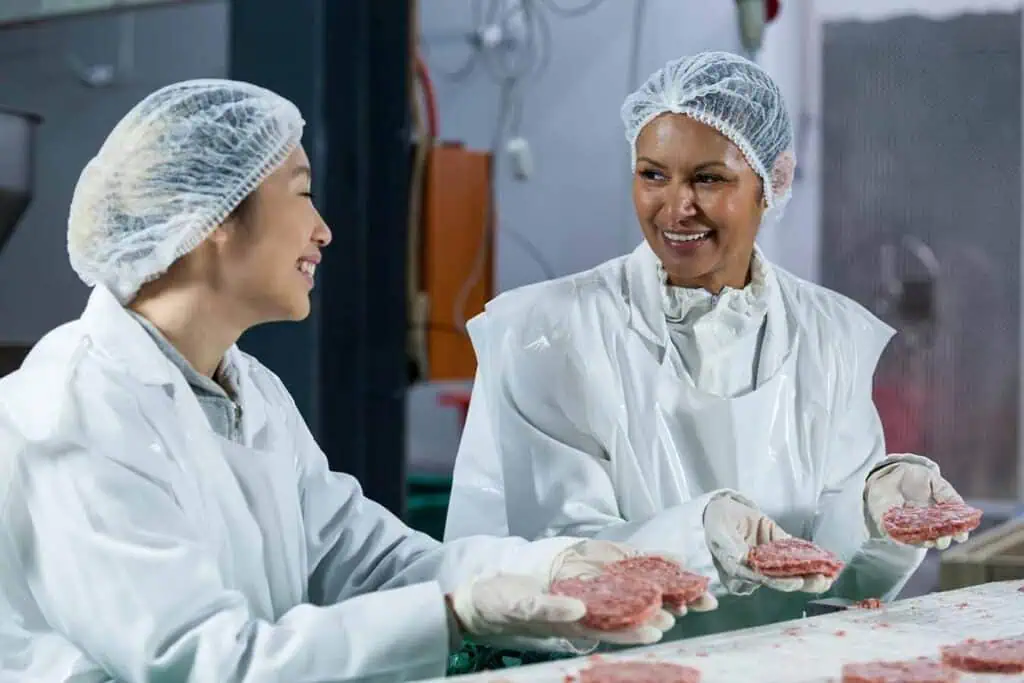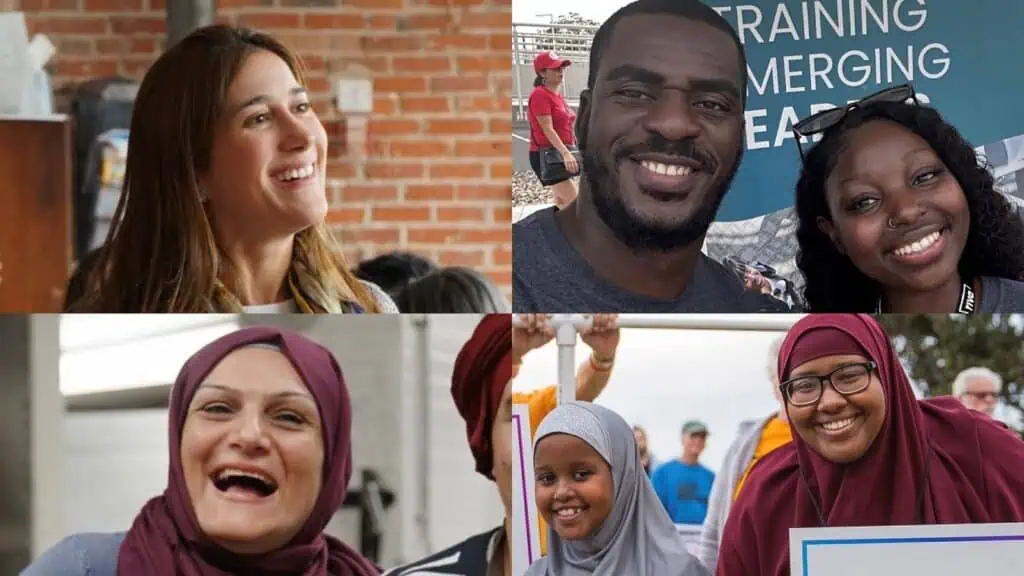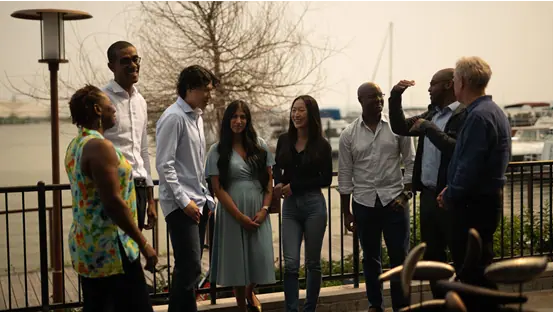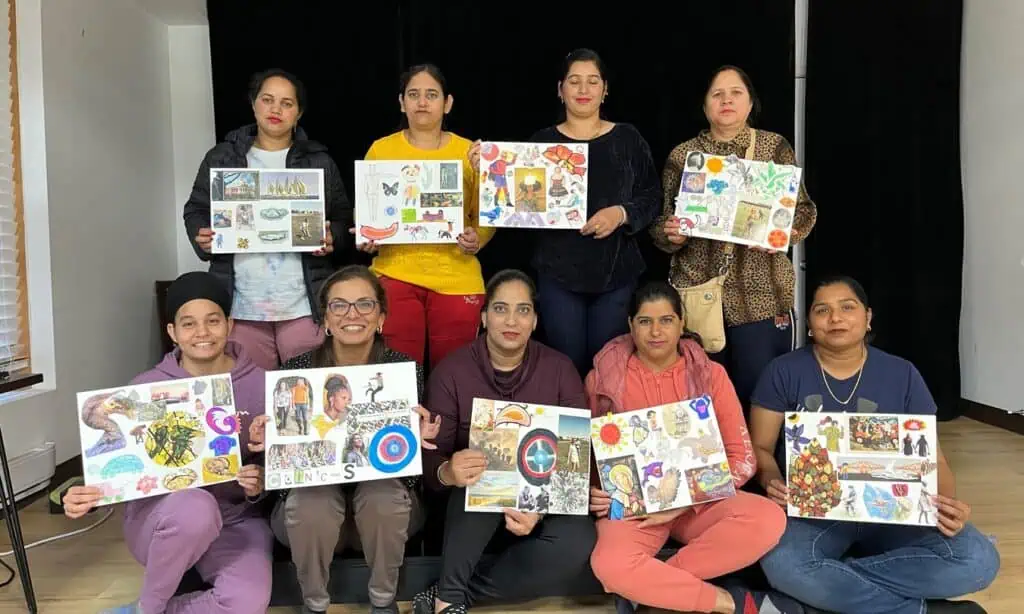Fund Partners with Tamarack Institute to Launch a Participatory Grantmaking Project to Support Immigrants’ Economic Mobility in Peel Region
The WES Mariam Assefa Fund is excited to announce its partnership with the Tamarack Institute to launch a participatory grantmaking project in the Peel region of Ontario, Canada.
Tamarack will engage community stakeholders to identify the needs of immigrants and refugees in the Peel community, to define funding priorities and processes for this project, and to make community-led funding decisions. The projects and organizations funded through this initiative will work for and with immigrants and refugees to support greater economic opportunity and ensure their ability to thrive.
“Newcomers and newcomer-serving organizations in the Peel region actively seek out opportunities to collaborate, so we are thrilled that Peel was chosen for this pilot. This project has the potential to have impact on key issues for immigrants and refugees and will have great strategic learning value within Peel and across many jurisdictions,” said Jessica Kwik, director of Peel Newcomer Strategy Group (PNSG), United Way Greater Toronto.
Participatory grantmaking puts community members at the centre of grantmaking decisions that have traditionally been made by funders. This project in Ontario will be the first participatory grantmaking model supported by the WES Mariam Assefa Fund. The impacts of the pandemic, the rise of the Black Lives Matter movement, and the greater push for Truth and Reconciliation have heightened the need for philanthropy to change its traditional practices and shift resources and power to communities most affected by pressing social, economic, and environmental challenges. Through this pilot, the Fund will deepen its efforts to adopt more trust-based and participatory philanthropic practices.
This project will provide opportunities to learn from immigrant communities about the issues they face, particularly those related to economic mobility, so that solutions can support more equitable outcomes for all. PNSG, Tamarack, and the Fund also hope to communicate strategies and what they learn from this pilot to others in the immigrant-serving and philanthropy sectors.
“Now more than ever, it is instrumental to challenge power imbalances in philanthropy, and the Fund is committed to ensuring that our funding priorities are directly informed by people with lived experience,” said Marina Nuri, associate director at the WES Mariam Assefa Fund. “Shifting power to communities is integral to the Fund’s mission of building more inclusive economies for immigrants and refugees. We are excited to utilize participatory grantmaking as a way for immigrant communities in the Peel region to determine for themselves where resources are needed.”
Immigrants represent 51.5% of the region’s population, and it is estimated that Peel will have welcomed nearly 26,000 immigrants in 2021. Peel’s community needs include support for international students, Afghan refugees, and unemployed and underemployed newcomer groups directly affected by COVID-19. Peel Public Health has reported that, “While visible minorities represented 63% of Peel’s population, they made up 83% of Peel’s COVID cases,” according case data with race reported between April 2020 and August 2021. Workers in precarious employment have also been among the most affected by COVID-19, as highlighted by the Peel region’s health unit.
“Tamarack strongly believes in the value of community change that is led by the whole community and engages individuals with lived experience in the design and development of solutions,” said Liz Weaver, president and co-CEO of Tamarack. “Through this partnership with the WES Mariam Assefa Fund and the Peel community, we are excited to contribute our expertise to advance the practice of participatory grantmaking and support communities to dismantle barriers faced by immigrants and refugees. The potential to learn from this initiative about community-driven decision-making and collaboration is enormous for all those involved, and we hope, well beyond.”




